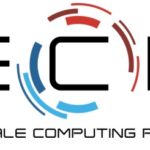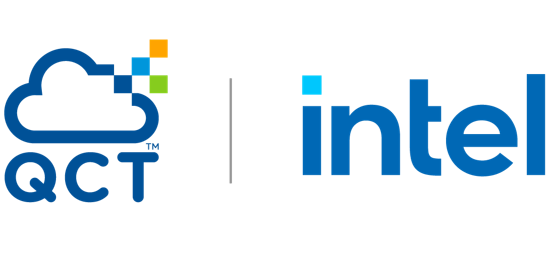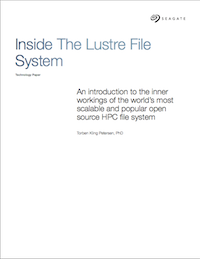November 17, 2024, ATLANTA: The PESO Project, a community-driven effort to promote the development and use of scientific software as an ecosystem, and the Extreme Scale Scientific Software (E4S) development and support team, today announced the release of E4S 24.11. Following is a partial list of highlights in this release: E4S includes 132+ HPC-AI packages […]
E4S: Extreme-Scale Scientific Software Stack Discussions and Demos at SC24
Nov. 11, 2024: The Extreme-scale Scientific Software Stack (E4S) Project is supported by the US Department of Energy Advanced Scientific Computing Research Office and is a legacy of Exascale Computing Project (ECP). The packages distributed with E4S contain contributions from hundreds of open source community developers. The top-level packages are listed on the E4S Product Information page These […]
DOE: E4S for Extreme-Scale Science Now Supports Nvidia Grace and Grace Hopper GPUs
E4S, the open source Extreme-Scale Scientific Software Stack for HPC-AI scientific applications, now incorporates AI/ML libraries and expands GPU support to include the Nvidia Grace and Grace Hopper architectures. E4S is a community effort to provide open-source….
Exascale Computing Project Issues New Release of Extreme-Scale Scientific Software Stack
The Exascale Computing Project (ECP) has announced the availability of the Extreme-Scale Scientific Software Stack (E4S) v1.2 release. ECP, a collaborative effort of the U.S. Department of Energy’s Office of Science and the National Nuclear Security Administration, said the E4S is a community effort to provide open source software packages for developing, deploying and running […]
Podcast: Simplifying the Deployment of HPC Tools and Libraries
In this Let’s Talk Exascale podcast, Sameer Shende from the University of Oregon describes progress on the Extreme-scale Scientific Software Stack. E4S is a community effort to provide open-source software packages for developing, deploying, and running scientific applications on HPC platforms. “Container technology is promising because it enables the user to take an existing set of libraries and tools, consider the dependency metrics of a particular software product, and deploy the software efficiently. And there’s only one kernel that’s running when a container is deployed, unlike other virtualization approaches. So it’s very efficient.”







